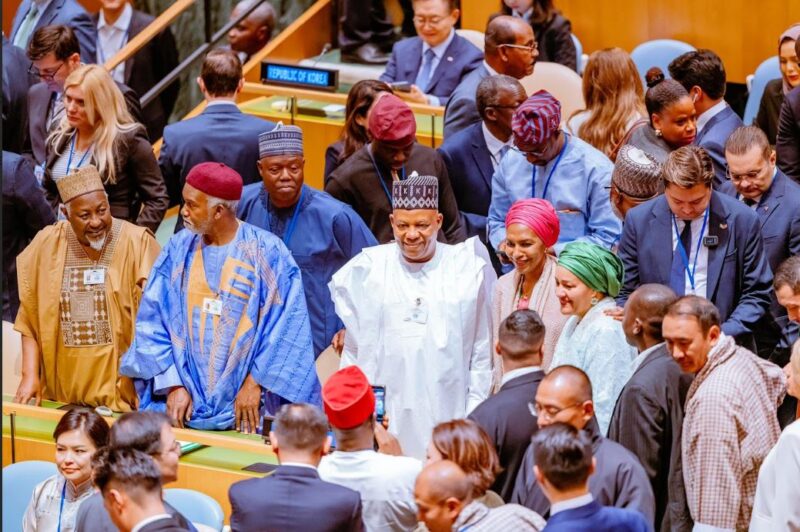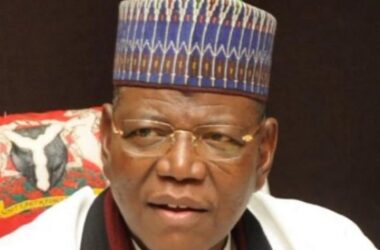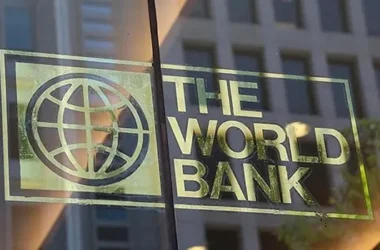At the 79th session of the United Nations General Assembly (UNGA) in New York, Nigerian President Bola Tinubu called for urgent debt forgiveness for Nigeria and other developing nations.
In his address, delivered by Vice President Kashim Shettima, Tinubu emphasized that debt relief is crucial for economic growth in countries from the global South, particularly those burdened by heavy financial obligations.
President Tinubu pointed out that without special concessions and a reassessment of the debt situation, many developing nations would struggle to make meaningful economic progress.
He urged world leaders and financial institutions to consider comprehensive debt relief measures as part of broader reforms to the global financial system.
“Countries of the global South cannot make meaningful economic progress without special concessions and a review of their current debt burden,” Tinubu stated.
According to Nigeria’s Debt Management Office, the country’s domestic and external debt reached N121.67 trillion ($91.46 billion) by the first quarter of 2024. The rising cost of servicing these debts, particularly due to currency depreciation, has severely affected state finances. In the first half of 2024, Nigeria’s states experienced a 122% surge in external debt servicing costs compared to the previous year.
During his speech, Tinubu also spoke about the broader challenges facing developing nations, such as trade barriers, protectionist policies, and the harsh competition that hampers investment. He called on the United Nations to reinforce its commitment to multilateralism, advocating for deeper cooperation among member states to solve global issues.
Tinubu further highlighted the need for recovering stolen assets from developing countries, urging global cooperation to tackle illicit financial flows. He stated that returning such funds to their countries of origin was a fundamental principle under the United Nations Convention against Corruption.
Beyond the financial challenges, Tinubu expressed concerns over the rise of nationalism, which he believes is undermining efforts to solve issues such as terrorism, poverty, climate change, and rising debt burdens. He stressed the importance of multilateral cooperation, warning that prioritizing national interests over collective global action would hinder progress on many of these issues.










